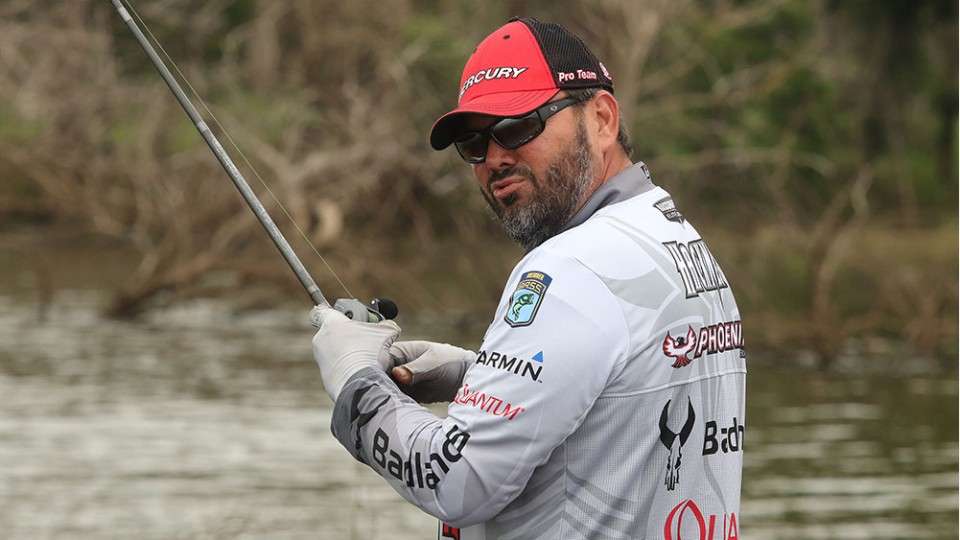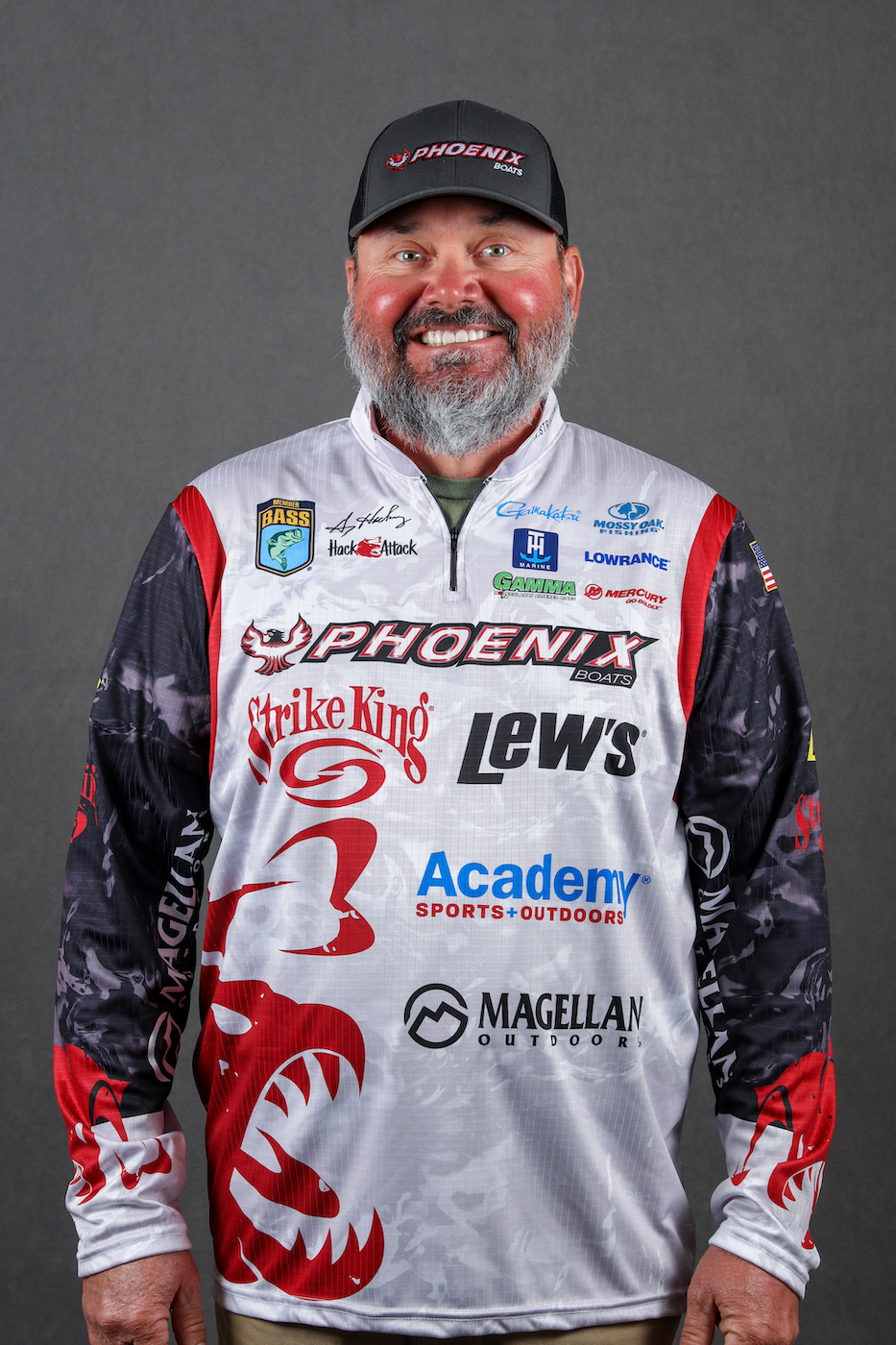
In my last column I said we’d go over some more things I do that you shouldn’t. I think we’ll save that for next week. Lately I’ve been asked a lot about what it takes to win in this sport and to stay competitive. I’ll give you my thoughts about me and my career, but don’t expect too much because I’m not sure I understand it all.
Maybe the most important things are age, maturity and experience. They all blend together. Nevertheless, I’ll try to address them individually.
As I’ve gotten older I’ve put things into perspective. I care a great deal about catching bass and winning. My career is important, but it isn’t everything. I have a wife, kids and an extended family. Their health, safety, happiness and well-being will be with me long after any fishing tournament results. I understand that better now than I did 20 years ago. That helps me relax when I compete.
When I say maturity I’m mostly talking about bass tournament fishing maturity. Long before I turned pro I fished local tournaments, state tournaments and big charity events. Since then I’ve fished hundreds of B.A.S.S. and FLW competitions. I know I can catch bass. I’ve done it for more than three decades all across the country.
That’s not to say that I’ll catch them every time out, or that I’ll always be near the top. It is to say, however, that I know that over the long haul I’ll do OK. I don’t sweat a bad hour, day or week.
Last Sunday is a great example of what I’m talking about. I lost two big bass in a row early that morning. Did they hurt? Sure, I was in contention to win. But I didn’t let it ruin my day. I figured that if I found two good ones I could find another two, and I’d put them in my livewell. So I kept on fishing.
That’s also an example of experience. But what I’m really talking about when I say experience is where we fish and how we fish. Early on in my career I wished we’d go to lakes in my neck of the woods. I thought that would give me an advantage over the other guys. And I spent a lot of time worrying about upcoming fishing conditions.
But now my thinking is very different. I don’t care where we go, just give me the schedule and I’ll be there. It’s the same for all of us.
If I do have a preference, it’s towards lakes nobody has fished. That’s a dream, really, because somebody in our group has fished everywhere there’s a bass. Regardless, you know what I mean. The more competitors there are with little or no knowledge of the lake the better I like it.
Another thing I’ve done over the years is learn to control what I can and not worry about anything else. I can control my equipment and my mental attitude. That’s on me. But I can’t control the weather, the water, the spectators or the other anglers. If I can’t control them, why worry about them? They are what they are, and they’re the same for everybody.
The final thing I want to mention is that I never go negative. I never wish bad luck on another competitor. I do not hope they lose a big one, that their fish move or that they have motor trouble. Wanting someone else to have problems is not a strategy, and it’s not a tactic. It’s sorry.
That’s the way I see it.

